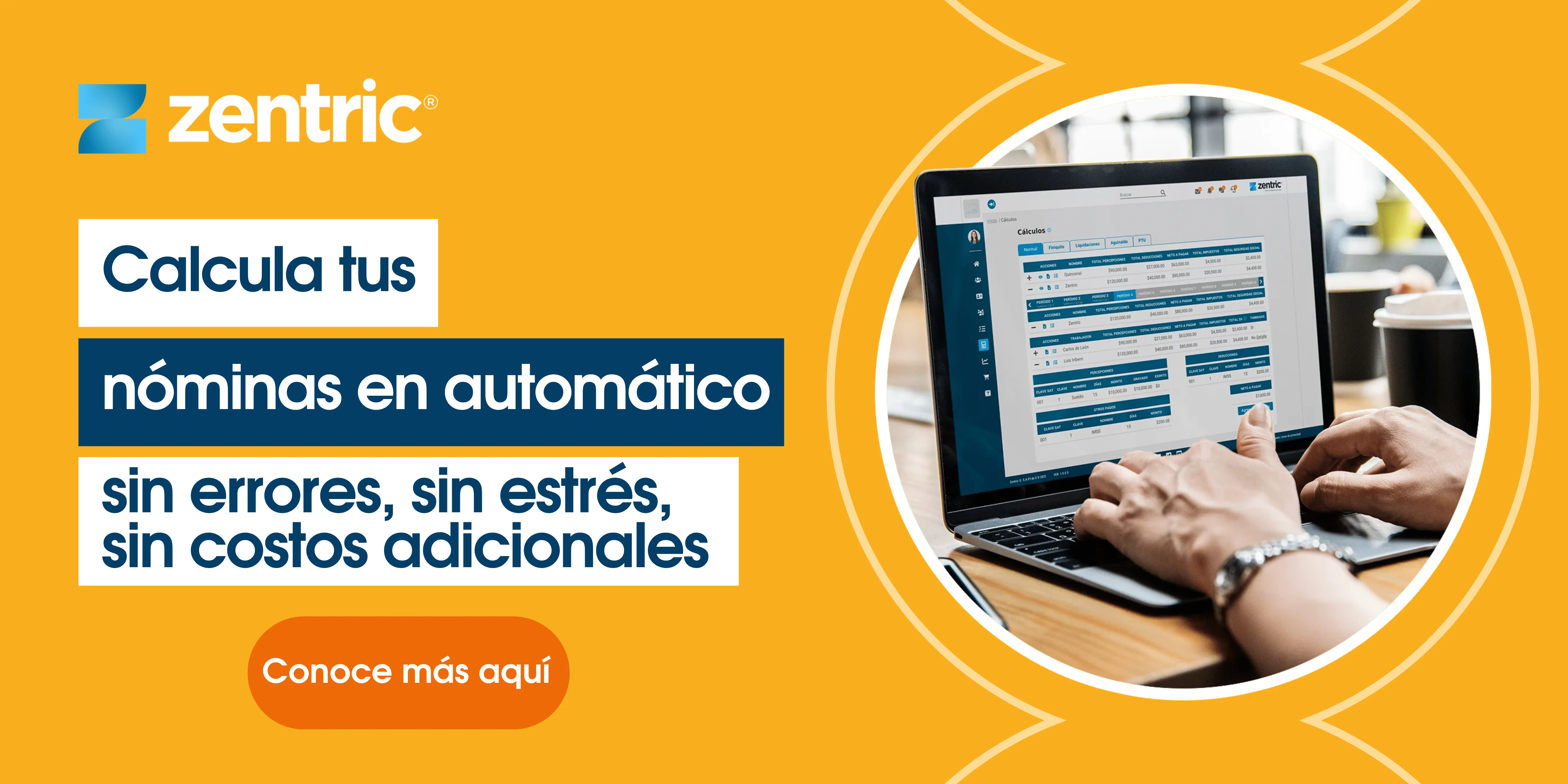
There are several important points when creating a company. One of them is to register it before the SAT according to the tax regime in accordance with the work activity you perform and the size of your company.
But be careful! You must first define whether, as a taxpayer, you will register your economic activities as an individual or a legal entity, because this will determine your requirements, obligations and tax treatment.
This could definitely save you a lot of trouble in the future and you will be able to meet your tax obligations without any problems.
But before getting into the subject, let's define what a tax regime is.
What is a tax regime?
It is the set of rules and laws that govern the tax situation of both individuals and corporations at the time of registration with the SAT (Tax Administration Service).
Of course, the SAT establishes which are the rights and obligations according to the economic activity of the company.
As mentioned above, in Mexico and according to the Federal Tax Code, there are two types of taxpayers: individuals and corporations.
So, the first step in choosing the right tax regime for your company will depend on both the type of person you are and your economic activity.
Even the size of your company.
Now let's see what are the different types of tax regime for individuals and corporations.
What are the tax regimes (individuals)?
A natural person is any human being with the possibility of acquiring rights and contracting obligations. Its characteristics are:
- You register with the relevant institution under your name
- It has a material body that can be perceived and touched.
- May have a marital status of single or married
- Contracts obligations after reaching the age of majority
- May have more than one nationality
These are the tax regimes for individuals:
Tax Incorporation Regime (RIF)
In this tax regime are taxpayers that carry out business activities, sell goods or provide services where a professional title is not required and that the total income does not exceed two million pesos ($2,000,000 MXN).
Some of the business activities in which these individuals work are as follows:
- Convenience stores
- Beauty Salons / Barbershops
- Workshops
- Stationers
- Butcheries
- Dry cleaners
Business activities
This tax regime is for those persons engaged in commercial, industrial, agricultural, livestock, fishing, forestry and motor transportation activities.
One of the main differences with the RIF is that this regime does not establish an income limit.
Real estate leases
If you obtain income from renting or subleasing real estate, you must comply with your tax obligations under this regime.
Whether you do it with apartments or houses, land, commercial premises, warehouses or buildings.
Professional Services
The tax regime for professional services is for those individuals who have income as freelancers or for fees, that is, professionals who provide services independently to government agencies, companies or individuals in general.
If you are an engineer or architect, accountant, doctor or professor, among others, you must contribute under this tax regime.
Salaried employees
For persons receiving wages and benefits from an employer.
It is important to emphasize that an annual tax return must be filed if income exceeds $400,000 MXN in the fiscal year, if there has been more than one employer during the year or if the salary comes from abroad.
Simplified Trust Regime (RESICO)
This tax regime is ideal for individuals who receive less than 3.5 million annual income and are taxed under any of these 3 tax regimes:
- Business activities and professional services
- Lease of real estate
- Agricultural, livestock, fishing or forestry activities
RESICO can only coexist with two regimes: wages and salaries and interest. It is important to note that you cannot be taxed here if you are in the digital platforms regime or in the regime of assimilated to salaries.
What are the tax regimes for legal entities?
A legal entity is defined as the union of several natural persons having a specific purpose or corporate name, which may be formed through a partnership or a company.
Among its most outstanding features are:
- Its corporate name refers to the activity it carries out or to a name chosen by its creators;
- It does not have a material body, it cannot be felt;
- Its capacity to exercise rights and incur obligations begins at its creation;
- It does not have a marital status;
- Any legal entity that was created in accordance with Mexican law and is domiciled in Mexican territory is considered to be Mexican;
- It is obliged to file its electronic accounting with the SAT.
If you are a legal entity, take into account that among the regimes to be considered are:
General tax regime
Any legal entity incorporated in the country that carries out lucrative activities is taxed under this tax regime.
This includes companies of civil associations, commercial companies, financial leasing companies, production cooperative societies, credit institutions, insurance and bonding institutions, general deposit warehouses, financial leasing companies, decentralized organizations that commercialize goods or services, among other companies.
Non-profit
Legal entities that invest in Mexico and whose corporate purpose is not to seek economic profit from the activities they carry out, must be incorporated under this tax regime.
This includes welfare or charitable institutions, religious associations, authorized donation centers, educational associations or civil societies, labor unions, parents' associations, civil societies and associations dedicated to research or preservation of flora or wildlife, professional associations, and chambers of commerce and industry.
Accumulation of income
The income accrual regime is aimed at legal entities (micro, small and medium-sized companies) that have a maximum annual income of 5 million pesos ($5,000,000 MXN).
Legal entities may elect to pay ISR through cash flow only if they are formed solely by individuals.
That's it! We hope that with this information you will be able to choose the tax regime that best suits your company.
Finally, remember that to keep up to date with the payroll world and receive more tips on companies, this is the best place.
See you next time!










